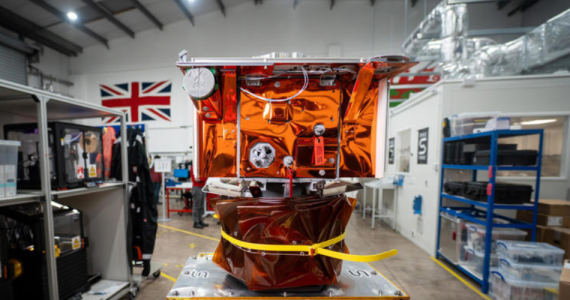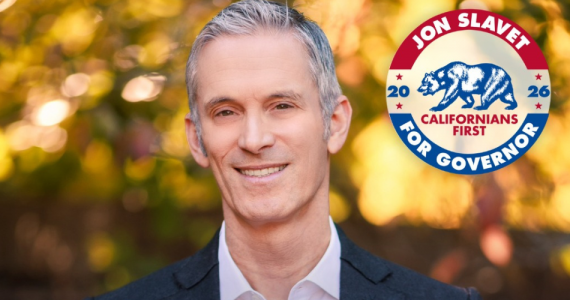There are a lot of elements that go into starting a successful business. The most common ones that we’re already familiar with are having a great business idea, the right market for the product or service and having enough funding to hit the ground running.
But while these things are very important, the recipe for success requires more than just a few ingredients.

Ask Noam Wasserman, a professor at Harvard Business School, who believes that every entrepreneur should ask themselves these three key questions before starting a business.
Being an experienced professor for 13 years and with over 20 years of studying startups to figure out the perfect formula for success, Wasserman definitely knows a thing or two about the mechanics behind a venture’s success. Here’s what he wants you to ask yourself if you’re on the path to becoming an entrepreneur.
Is the current market in your favor?
When you come up with an idea for a startup, it’s quite natural to feel excited and confident in your business plan, but sometimes your passion can cloud your judgment and lead to overestimating the market size.
Wasserman says that whenever someone comes up with a business idea they absolutely love, they will convince themselves no matter what that the product or service they want to sell will do well on the market.

Since your market research is from a biased perspective, it’s likely that you’ll overestimate the size of your potential customer base and run into serious problems later down the road.
To prevent this, Wasserman suggests taking a reverse approach and finding information that is in favor of your product not succeeding and seeing if you can fix the loopholes in your plan.
Are you in it for the long haul?
Anyone who has started a business will tell you that it’s never easy in the beginning while they’re still trying to establish a company.
This is why you need to ask yourself if you’re capable of going without a paycheck as long as you’re required to and if you have enough financial support while your company isn’t making any money.

Do you have the technical expertise to become a successful cofounder?
While your financial standing is very important in determining the fate of your startup, your career stage matters equally.
We’ve often heard about the startups that were founded by college dropouts but the truth is that those were mere anomalies.
According to an MIT research, the average age of entrepreneurs who start successful businesses is 45. Moreover, investors tend to put more faith in those who have the technical expertise and a good grasp of the market.




